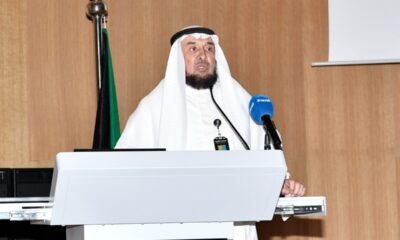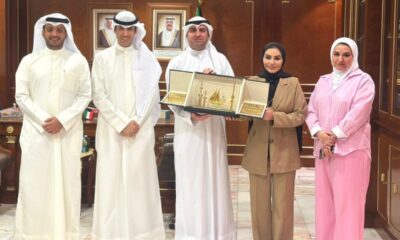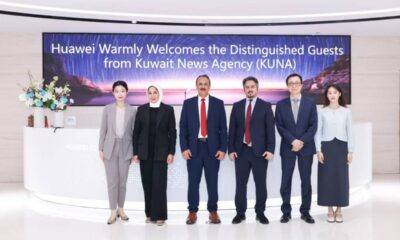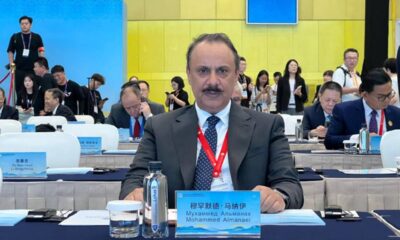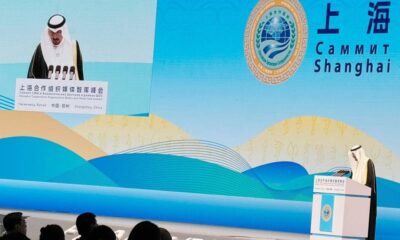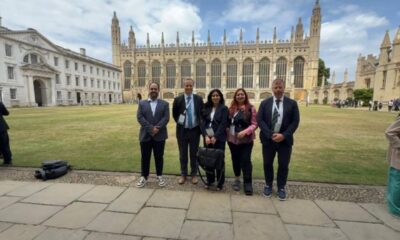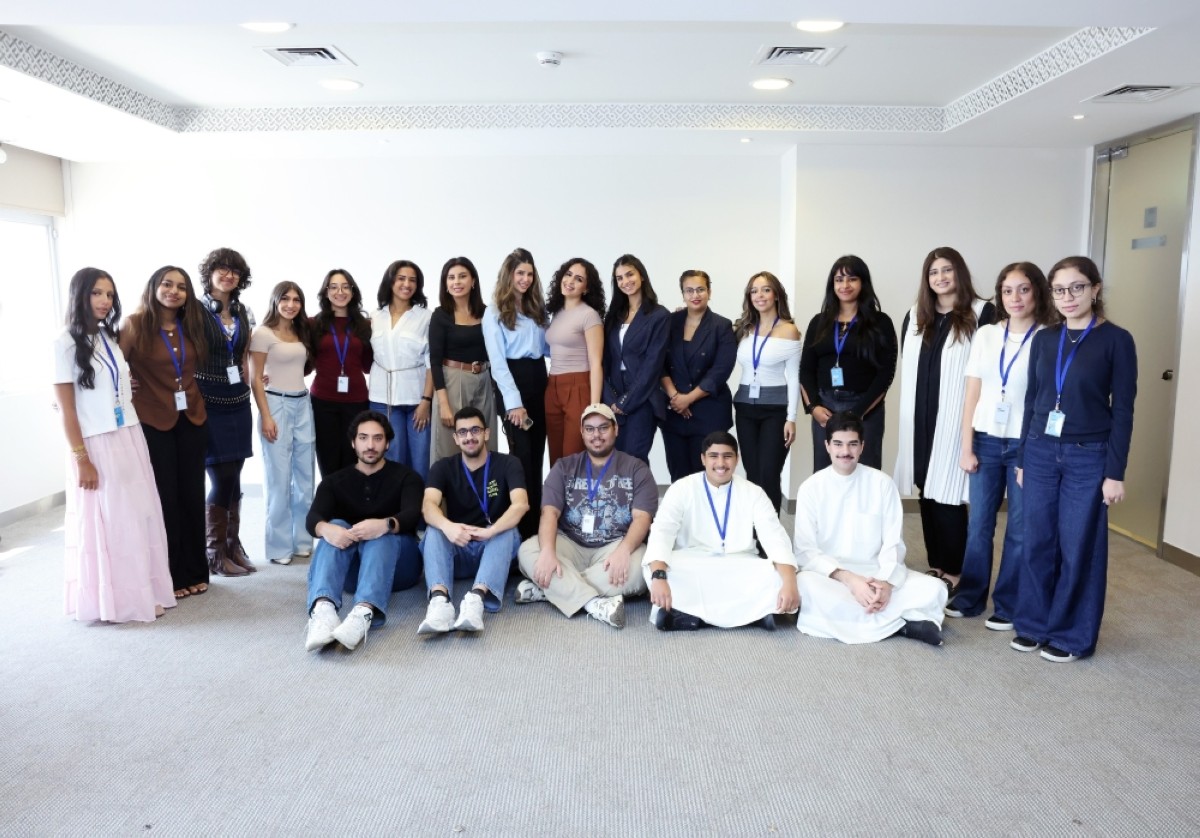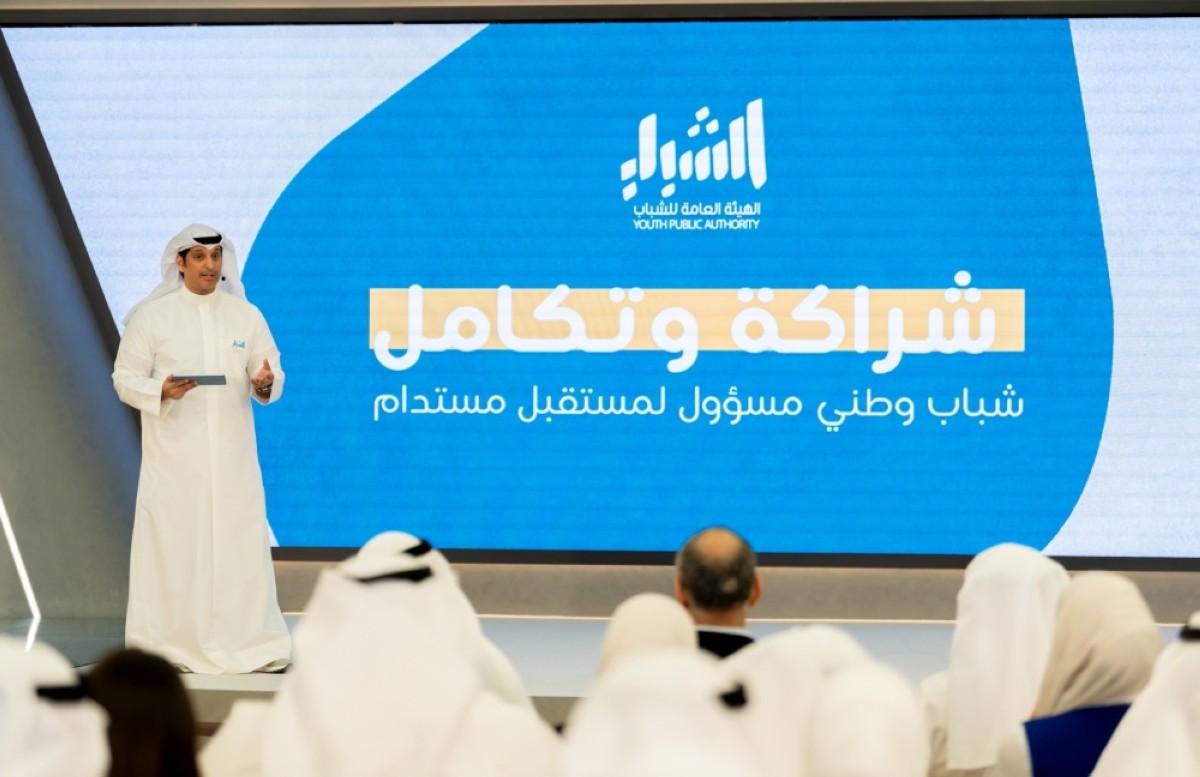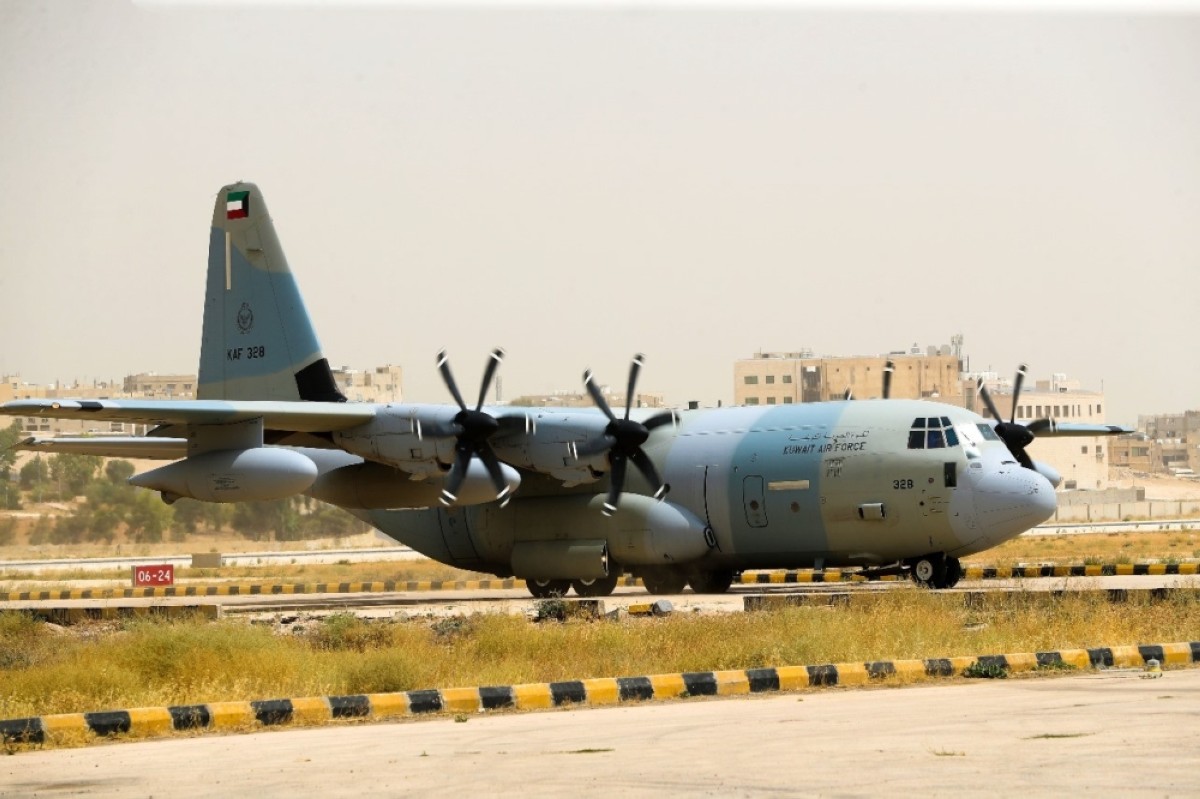KUWAIT: The 20th Arab Media Forum concluded on Monday, wrapping up a dynamic agenda with five dialogue sessions that addressed key issues shaping the regional media landscape. Topics discussed included the psychological behavior of media users, the representation of women in the media sector, and the legal frameworks governing traditional and digital media platforms.
The final day commenced with a session titled “Psychological Behavior in Media and Social Media”, featuring psychiatrist Dr Mohab Mujahid and prominent media figure Mustafa Agha, moderated by Rahaf Al-Sawalha. Speakers explored the deep intersection between media and human psychology, emphasizing the media’s powerful influence on collective awareness and emotional states. The panel examined how media content can either instill reassurance or incite anxiety, depending on how messages are framed and disseminated across digital platforms.
Dr Mujahid shed light on the rising trend of “fabricated negativity” on social media, describing it as an addictive behavior in which users intentionally provoke or shock to draw attention. Meanwhile, Agha emphasized the importance of constructive dialogue, urging respect for differing opinions and discouraging personal attacks, noting that diversity of thought should foster discussion — not division.
In a session titled “Journalism… An Endless Profession”, speakers delved into the future of journalism amid rapid digital evolution. The panel featured Mahmoud Al-Mamlouk, Editor-in-Chief of Cairo 24, and Rashid Al-Hamar, Editor-in-Chief of Bahrain’s Al-Ayam newspaper, with moderation by Sultan Al-Qahtani, Editor-in-Chief of Riyadh Post. Discussions focused on the increasing challenges posed by social media’s dominance and the urgent need for traditional outlets to pivot towards impactful digital content. Al-Mamlouk underscored the fierce competition between digital journalism and social platforms, while Al-Hamar called for strategic transformations to modernize legacy media through robust social media engagement.
The third session, “Women and the Media: Mental Image and Professional Skills”, highlighted the evolving role of women in the media sector. The panel included former Egyptian Minister of Information Dr Doria Sharaf El Din, President of the Emirates Journalists Association Fadhila Al Muaini, Kuwaiti academic Dr Samar Baqer, and Lebanese journalist Lana Madwar, moderated by Emirati Dr Maya Al Hawari.
Speakers noted the significant strides made in empowering women to assume leadership roles within media institutions, crediting this shift to cultural evolution, enhanced educational access, and inclusive policy frameworks. The session also addressed how media portrayals influence public perceptions of women and stressed the need for continuous skill development amid a fast-changing media environment.
Legal and regulatory dimensions were tackled in the fourth session, “Laws and Legislation in the Media and Social Media”, held in cooperation with the Kuwait Lawyers Association. The session featured Egyptian lawyer Dr Mohamed Abu Shaqa and Kuwaiti legal expert Dr Hussein Al-Abdullah. Participants noted that while freedom of expression is constitutionally protected across much of the Arab world, it must be exercised responsibly and in line with legal boundaries that safeguard public order and individual dignity.
The session emphasized the need for ethical compliance and respect for societal norms in digital and traditional media practices. The forum concluded with an open dialogue titled “Media: Message and Rules”, led by Islamic preacher Mustafa Hosni and moderated by Secretary-General of the Forum Madi Al-Khamis. Hosni highlighted the importance of maintaining humility and ethical responsibility in media work, stressing that professionals should remain grounded in spiritual and moral values regardless of their influence or reach.
Held under the patronage of His Highness the Prime Minister Sheikh Ahmad Al-Abdullah Al-Ahmad Al-Sabah, the 20th edition of the Arab Media Forum was launched on Saturday under the theme “Media Challenges in Light of Technological Development and Digital Transformation.” The event witnessed wide participation from across the Arab world, with the United Arab Emirates honored as the guest of this year’s session. — KUNA
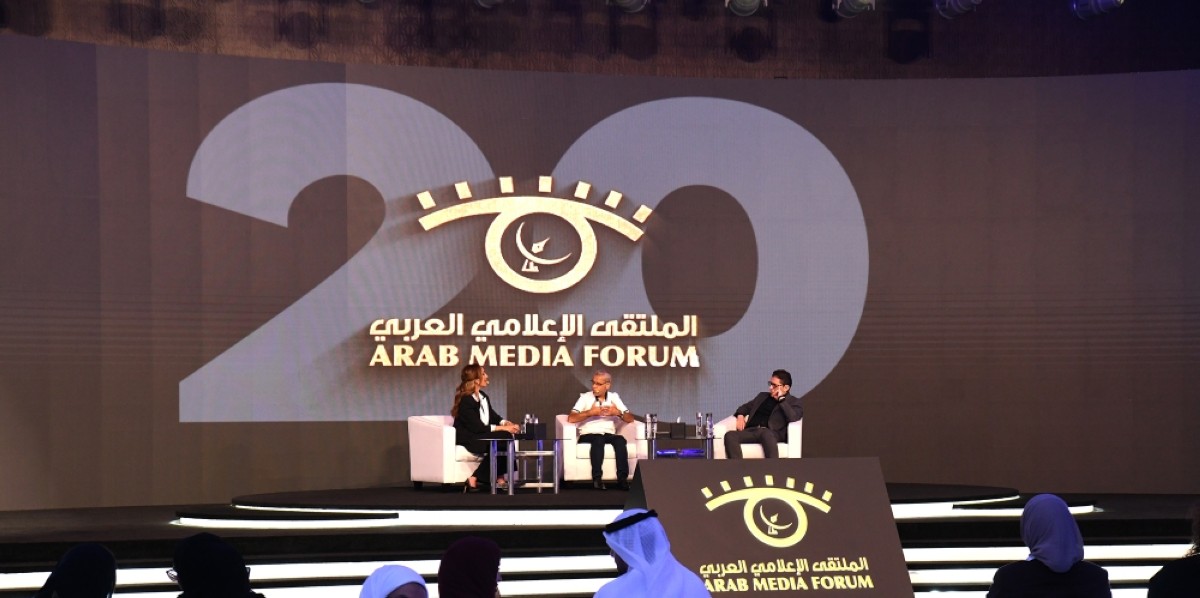
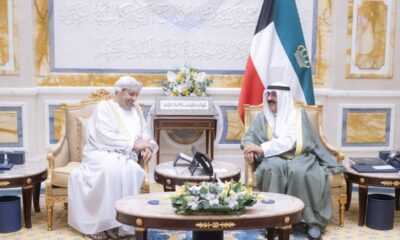
 Latest News23 hours ago
Latest News23 hours ago
 Business6 hours ago
Business6 hours ago
 Business7 hours ago
Business7 hours ago
 Politics9 hours ago
Politics9 hours ago
 Latest News20 hours ago
Latest News20 hours ago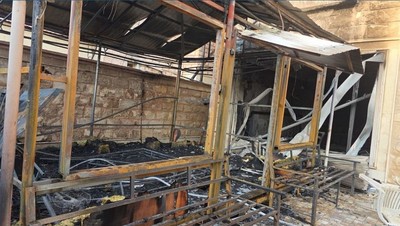
 Politics15 hours ago
Politics15 hours ago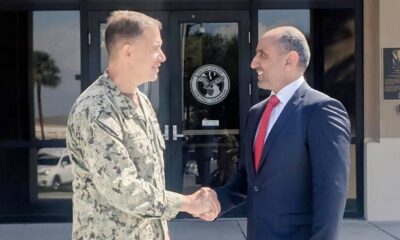
 Latest News14 hours ago
Latest News14 hours ago
 Latest News10 hours ago
Latest News10 hours ago
